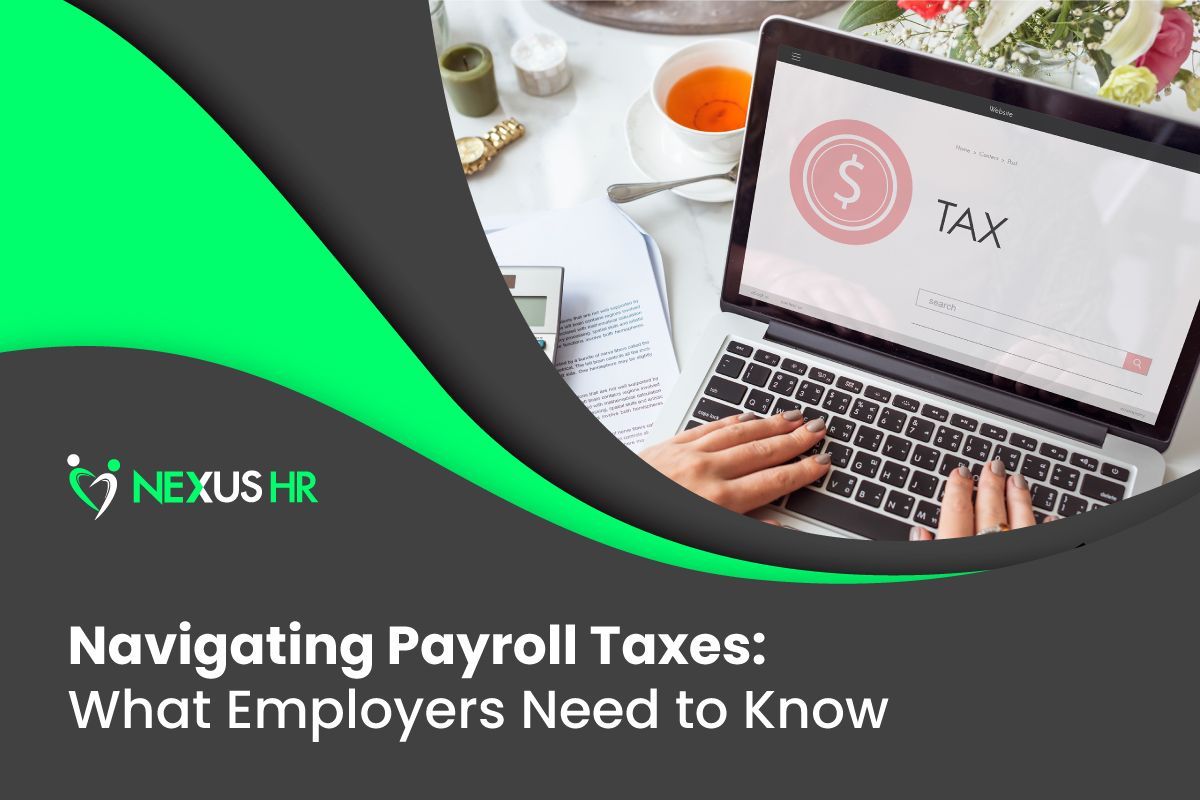How to Conduct a Job Interview Effectively
Giving little thought about how to conduct a job interview leads to costly hiring mistakes. When hiring employees, methodically preparing for the interview helps you make the most out of a vital recruitment tool. Interviews allow you to get to know the candidate beyond their resume, assess if they're the right fit, and sell your company. Creating an intentional process for conducting interviews helps you hire strong, competent employees that work well together and towards your healthcare practice's goals.
Well-framed questions help interviewers elicit the desired information from a candidate. Interviewers who have effective listening skills make well-informed hiring decisions. On the other hand, a poorly conducted interview negatively impacts a candidate and future applicants. Here are some interview best practices for hiring managers to help conduct a well-structured job interview, whether you're
hiring remote or onsite employees.
Preparing for the Interview

1. Review the Candidate's Resume Beforehand
When hiring employees, interviewers often make the mistake of asking candidates to repeat what they already provided in their resumes. It eats up valuable time in an interview instead of asking relevant questions that can help you evaluate if a candidate is the right fit. Review the candidate's resume, cover letter, and online profiles beforehand. Make a note of any puzzling job descriptions, unfamiliar job titles, or significant gaps in work history and ask for clarifications on those instead.
2. Know What You're After
In order to ask the right questions, ensure that you know exactly what you're looking for in a new hire before meeting your candidates. You've probably already decided on what qualifications and hard skills you want a new hire to have when you created the job description, but don’t overlook values and soft skills. Begin by listing attributes that can help your practice deliver efficient care. For example, communication, leadership, and teamwork are essential skills for every healthcare employee. You can also ask supervisors what elements they think make up a great candidate.
3. Prepare the Right Questions
Now that you've reviewed a candidate's resume and know what you're looking for in a new hire, you can formulate the right questions to help you screen your options. Ask questions that can help you provide a clear picture of the candidate aside from what's on their resume. The answers you get from questions like, "What are your strengths and weaknesses?" may not be as truthful and verifiable. Instead, try to probe how a candidate will handle real-life situations related to the job. Ask questions that help you assess the candidate's competency and potential. Use a combination of these types of interview questions:
a. Fact-based or general questions: This question type calls for simple, informational answers, sometimes to clarify information on the candidate's resume. These questions work best when you're trying to ask for specific details or set the stage for a more complex query. Examples include:
b. How do you stay current with healthcare advancements?
Why did you choose to work in healthcare?
Hypothetical questions: This type of question asks for a candidate's reaction to a given situation or to resolve an imaginary problem. It helps assess the candidate's ability to think on the spot, stay calm under stressful conditions, take the lead, and make positive decisions despite a job's difficulties. Examples include:
- What would you do if you saw a coworker stealing from the company?
- You know your direct supervisor is wrong about something. How would you handle it?
c. Behavioral questions: Behavioral questions ask how a candidate previously handled a difficult situation. This type of question reveals the candidate's skills, abilities, and personality. Examples include:
- Tell me about a time when you initiated a project that resulted in increased productivity?
- Have you ever dealt with company policy you weren't in agreement with? How did you handle it?
Conducting the Interview

1. Put the Applicant at Ease
Start the interview by making eye contact and putting the applicant at ease. Establish rapport by asking friendly questions before getting down to the hard questions. You can also introduce yourself, your role in the organization, and the steps in the interview process. Candidates often find job interviews stressful so resist the temptation to jump straight into the interview questions.
You might not truly see a candidate's personality if they are nervous. While others may argue that it's an effective way to understand how a person performs under pressure, it should not be the only metric for qualifying a candidate. Make the candidate comfortable so that you have a productive, professional interview.
Remember that your behavior sets the tone for the interview and the company. Candidates today have many options so setting the right atmosphere during the interview helps you acquire the best applicants.
2. Allow Applicant to Ask Questions
A job interview is a two-way street. Encourage the candidate to ask questions about your practice and the job. An interested candidate takes the opportunity to ask questions regarding company culture and the expectations of working for your practice. A candidate who asks questions helps you gauge their enthusiasm about joining your team and shows they've done their research about your company well.
3. Sell the Job
Candidates wish to find the right company to fit their needs as much as you're looking for the most qualified candidate. If the interview is going well and you think the candidate is the perfect fit, spend a significant time selling the role and your practice. Remember that the candidate is screening your company as well.
Demonstrate why you'd be a great employer. Discuss the perks, benefits, company culture, and what it will feel like to work for your practice. Frame the candidate's experience and allow them to picture how well they would fit within the company. Talk about career growth and sell the job.
4. Use a Rating System
When you've interviewed several candidates, it can quickly turn into a confusing mess of "who is who" if you don't document every interview properly. Creating an interview rating system helps you manage the interview process, measure a candidate's capabilities, and compare candidates fairly. Instead of relying on the interviewer's preference, a rating system helps you select the best candidate based on their ability. It minimizes potential bias in the hiring process and eliminates the possibility of hiring someone just because they got along well with the interviewer.
Indeed, a popular job search site, recommends asking your team about new hire requirements and establishing clear ratings for each requirement.
5. Describe the Next Steps
When you've finished asking questions, you can end the interview by explaining the next steps, when they can hear back from you, and the intended timeline for filling the position. If you promise candidates that you'll call them, make sure you do, even if they don't get to move on in the hiring process. After all the hard work an applicant puts into the interview, they'll appreciate receiving any feedback. After all, a candidate's experience during the hiring process has the potential to create a positive or negative impression on future applicants.
How to Find Your Next Best Employee

Hiring employees requires a long, rigorous process. It's a vital step in reaching your business goals and not something to take lightly. With the many challenges the healthcare industry faces today, conducting an intentional interview may be the last thing on your mind. Outsourcing your recruitment process takes the burden off of you and your staff and allows you to shift your focus back on patient care.
Nexus HR finds top talent for your healthcare organization. We cover the entire
recruitment process, from job posting to employee training, at half the cost of what other recruitment companies charge. With years of experience in the healthcare industry and an extensive database, we only shortlist the finest candidates that best fit your team. Partner with Nexus HR today and hire the most qualified candidate for the job.











